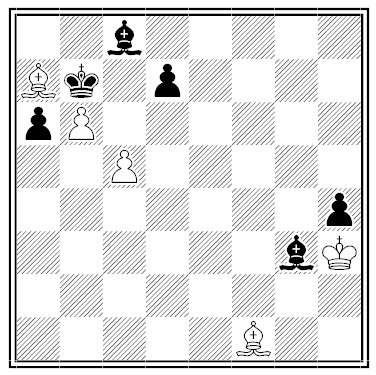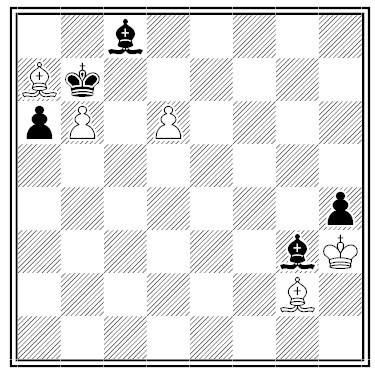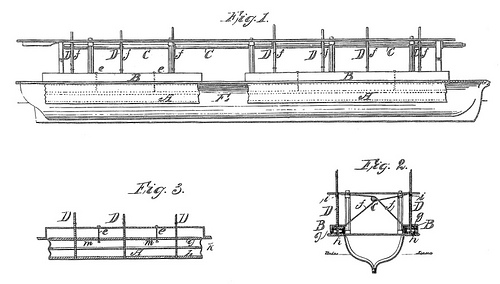Published in 1869, Edward Everett Hale’s story “The Brick Moon” described the launch of an artificial satellite nearly a century before Sputnik:
If from the surface of the earth, by a gigantic peashooter, you could shoot a pea upward from Greenwich, aimed northward as well as upward; if you drove it so fast and far that when its power of ascent was exhausted, and it began to fall, it should clear the earth, and pass outside the North Pole; if you had given it sufficient power to get it half round the earth without touching, that pea would clear the earth forever. It would continue to rotate above the North Pole, above the Feejee Island place, above the South Pole and Greenwich, forever, with the impulse with which it had first cleared our atmosphere and attraction. If only we could see that pea as it revolved in that convenient orbit, then we could measure the longitude from that, as soon as we knew how high the orbit was, as well as if it were the ring of Saturn.
Because the 200-foot brick sphere is accidentally launched with human occupants, Hale perhaps also deserves credit for anticipating the space station.






